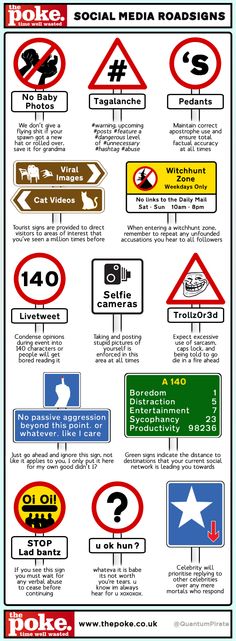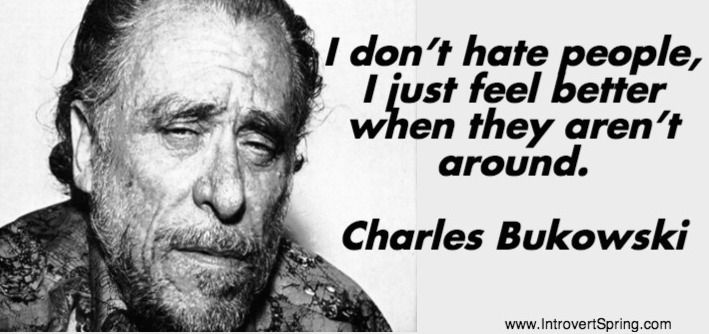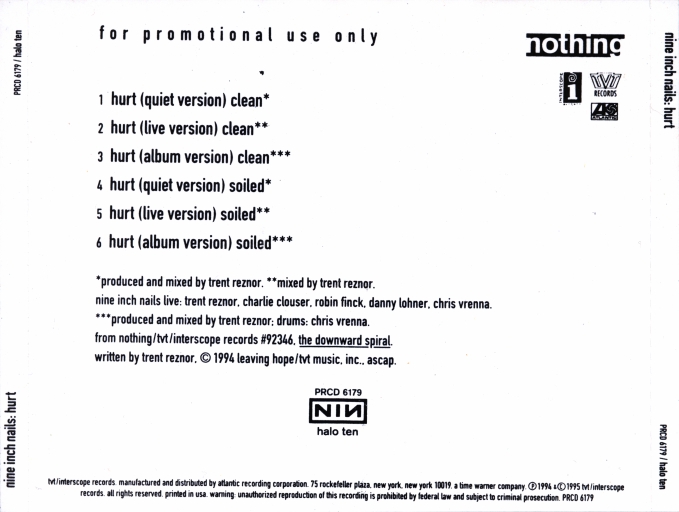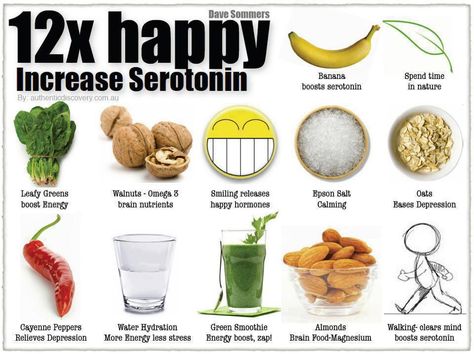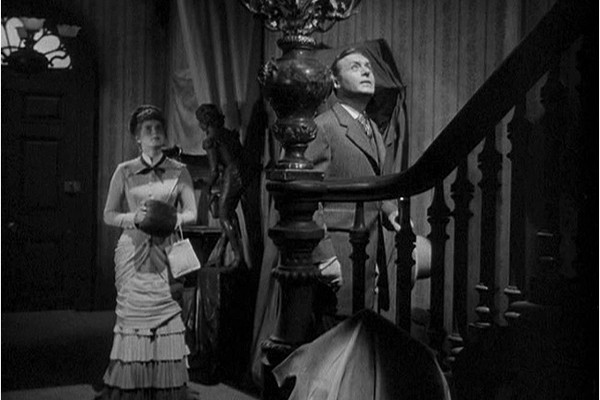How to deal with someone who is emotionally unavailable
How To Deal With Emotionally Unavailable People: 11 Steps
1. Recognize the signs.
- Discomfort talking about feelings. This can be due to a fear of intimacy or conflict, adds relationship therapist Jelisha Gatling, LMFT.
- Minimizing the other person's feelings.
- Being defensive. If their dominant response is defensiveness when any sort of conflict arises rather than being able to talk about it or acknowledging their part, Gatling warns it's a sign of emotional unavailability.
- Inconsistency in communication. Gatling says, "Disappearing and being vague about it and coming back without any explanation" can be a clear sign.
- Insecurity. According to Neblett, insecure people may sabotage relationships in order to avoid closeness.
2. Be aware of the causes.
There are different types of emotional unavailability, and it's important to be aware of what's behind your partner or potential partner's behavior.
Sometimes emotional unavailability is temporary: "This may be due to a shifting of priorities, where the individual is unable to give time and attention to feelings of their own and their partner," explains Neblett. Some examples include the death of a loved one, work obligations, or healing from an injury.
Similarly, trauma can greatly affect a person's psyche and may cause someone to keep their guard up to protect themselves against getting hurt. Trauma can oftentimes be traced to someone's childhood or previous relationships where they learned suppressing their emotions could help them survive a situation, Gatling explains. If a person's emotional unavailability is a trauma response, it can usually be worked through and healed over time.
While being emotionally unavailable is usually a choice, sometimes a mental health issue can also "prevent someone from being able to recognize their own feelings, let alone those of people who care about them," adds Neblett.
Advertisement
This ad is displayed using third party content and we do not control its accessibility features.
3. Pay attention to whether your partner acknowledges their emotional unavailability.
For someone to work through their emotional unavailability, they have to acknowledge it's a problem. Has your partner described themselves as emotionally unavailable, or is it something you're noticing about them?
Confronting someone about this can be a double-edged sword, says Neblett. "Pointing out someone's flaws who may not believe they have any can backfire," she warns. "The person may begin to turn things around on their partner and potentially sabotage the relationship."
It's important to remember that fixing someone else's problem is a difficult task and is not encouraged. You can voice your observations or concern, but you can't demand change or try to change someone yourself. That's something they'll have to do on their own.
4. Focus on your own feelings.
Both Neblett and Gatling agree that if you address someone's emotional unavailability, express how it's affecting you and lead with "I" statements. It's also important to have clear examples of why you think they're emotionally unavailable so that they don't feel ambushed, Neblett emphasizes. If your partner seems receptive after you express your feelings, then you can try to help them identify how their emotional unavailability is affecting them—but only if they're open to it, Gatling says.
It's also important to have clear examples of why you think they're emotionally unavailable so that they don't feel ambushed, Neblett emphasizes. If your partner seems receptive after you express your feelings, then you can try to help them identify how their emotional unavailability is affecting them—but only if they're open to it, Gatling says.
Advertisement
This ad is displayed using third party content and we do not control its accessibility features.
5. Reflect on how someone's emotional unavailability affects your mental and emotional health.
It can be exceptionally draining to remain in a relationship with someone who is emotionally unavailable, especially when you yourself are very emotionally available and secure. This situation usually leads to feelings of rejection and unimportance, and it can be very upsetting when you recognize the energy you've put into a relationship outweighs your partner's contributions.
Over time, a person can begin to internalize their emotionally unavailable partner's behaviors and become depressed.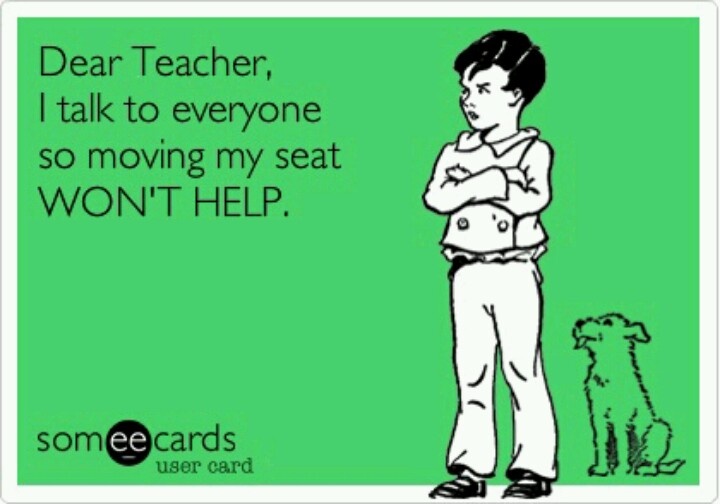 "Sometimes a wall may go up for the partner, and now you have two emotionally unavailable people in a relationship," explains Neblett. "Commonly, the partner conforms to the behaviors and carries on in the relationship."
"Sometimes a wall may go up for the partner, and now you have two emotionally unavailable people in a relationship," explains Neblett. "Commonly, the partner conforms to the behaviors and carries on in the relationship."
If you feel your behavior or character shifting in a way you don't like because of the relationship dynamic you're in, it's worth considering whether this is the right relationship for you at this time. (More on that later.)
6. Don't try to manage your partner's feelings.
"We cannot be responsible for our partner's emotional climates. It's up to us individually," Gatling says. That means if your partner shuts down because they're upset, don't pressure them into talking or try to fix it, because it's not your "responsibility to manage your partner's emotional well-being and happiness, as far as expressing those emotions."
You will notice a change when you take a step back and release the responsibility.
Advertisement
This ad is displayed using third party content and we do not control its accessibility features.
7. Consider counseling.
Individual and/or couples therapy can be extremely beneficial to a relationship. Needing to talk to someone to process your emotions is nothing to be ashamed of. So, decide whether bringing in an unbiased third party to help navigate tough discussions is the right step for you, advises Neblett. Not only does it help shed new light on a situation, but it can also help identify harmful patterns within a relationship, adds Gatling.
8. Give your partner space to step up.
"You have to step back, in support of them hopefully stepping up," Gatling explains. It's important to be clear with your partner about what you want from the relationship and how you would like them to show up for you. Then, you must stop expending so much of your own energy and give them the space to show up. It can't be an ultimatum, says Gatling, and if that's the place you're in, it's a sign you've already stayed too long.
Advertisement
This ad is displayed using third party content and we do not control its accessibility features.
9. Ask yourself if you're enabling this behavior.
Someone's emotional unavailability is not your fault, nor is it your responsibility to fix, but it is important to think about how you might be enabling this behavior. Gatling says this can come "from a lack of boundaries and not being clear about what you need, want, or deserve." Unpacking this might take some self-work, and while you can't do that for someone else, you can do it for yourself.
10. Ask yourself: Are you emotionally unavailable too?
It takes more work to reflect on your own faults than to point out someone else's. So, when considering whether the person you're with is emotionally unavailable, make sure to "check-in with yourself to determine if you are emotionally unavailable and being receptive to your partner's expression of emotions," suggests Neblett. If you notice that you have a habit of dating emotionally unavailable people over and over again, there's definitely something to be learned, Gatling points out. Noticing these patterns within yourself and possibly working through them with a therapist can expose some "aha" moments.
Noticing these patterns within yourself and possibly working through them with a therapist can expose some "aha" moments.
11. Know when it's time to walk away.
Saying goodbye to a relationship you've worked hard to build isn't easy. It takes strength, a good sense of self, and a willingness to acknowledge your needs are not being consistently met. "You really have to see that conscious effort happening on the other person's end," says Gatling. "It can't just be you working and waiting for things to change."
Sometimes you have to ask yourself whether you would be happy if your partner's behavior were to continue after a certain amount of time. In exploring that question, you will find your answer. If you're on the fence, here are signs it's time to end a relationship.
As Neblett explains, it's time to remove yourself from a relationship when:
- Your partner hasn't attempted to change after several conversations.
- You feel as though you've done all you can.

- You're ready to leave. Permission is not needed.
How to Cope With Someone Who's Emotionally Unavailable
Raise your hand if you’ve ever been the victim of “ghosting."
Or spent a lot of time with someone who in the end said this “just wasn’t what they were looking for.”
Or have a friend, family member, or significant other who is often cold, distant, and unwilling to open up.
I’ve experienced each of these scenarios. And, more often than not, it’s those of us who pour our hearts out that are on the receiving end of someone who’s “emotionally unavailable.”
Dr. Melissa Robinson-Brown, Ph.D., a clinical psychologist and speaker, tells Shine that being emotionally unavailable means “not having the capacity to share or express emotions with another person as well as hold emotional space for someone.”
And, as I've learned firsthand, it can be tough to connect with someone who's emotionally unavailable.
Causes of Emotional Unavailability
Although vulnerability has its rewards, when you’re dealing with someone who doesn’t reciprocate these feelings, it can seem like a losing game.
“It can leave the emotionally available person feeling quite lonely, invalidated, and even rejected,” Robinson-Brown says. “Moreover, it can lead to feelings of depression, anxiety, and emotional exhaustion.”
That can, in turn, leave us feeling resentful, either of ourselves or the person we’re interacting with.
It’s important to keep in mind that despite what your inner critic may be saying, another person's emotional unavailability isn’t your fault.
It’s important to keep in mind that despite what your inner critic may be saying, another person's emotional unavailability isn’t your fault.
There are numerous other factors that cause a person to withdraw and become emotionally unavailable.
Robinson-Brown shares a few of the most common factors:
●︎ It wasn’t taught: Emotionally unavailable individuals often grow up in homes where emotions aren’t expressed or shared. Home is the foundation for much of what we learn to do as children and as adults. If caregivers are not modeling emotional expression, it’s highly unlikely that someone will understand and trust themselves to do this.
If caregivers are not modeling emotional expression, it’s highly unlikely that someone will understand and trust themselves to do this.
●︎ It was shamed/judged: When our emotional expression is shamed or judged by caregivers, other family members, peers, etc., it makes it very difficult for someone to trust that it’s OK to be emotionally vulnerable with others.
●︎ Fear from past relationships: People sometimes shut down if a previous relationship caused significant pain or hurt. Fear can keep an individual from opening up again.
●︎ Mental health conditions: There are several mental health conditions—including anxiety, depression, PTSD, and personality disorders—that make it difficult to be emotionally available to others.
●︎ Trauma: A history of trauma can bring on symptoms of anxiety, depression, and PTSD. When someone is managing these symptoms, it can make it very difficult to open up and make themselves vulnerable again.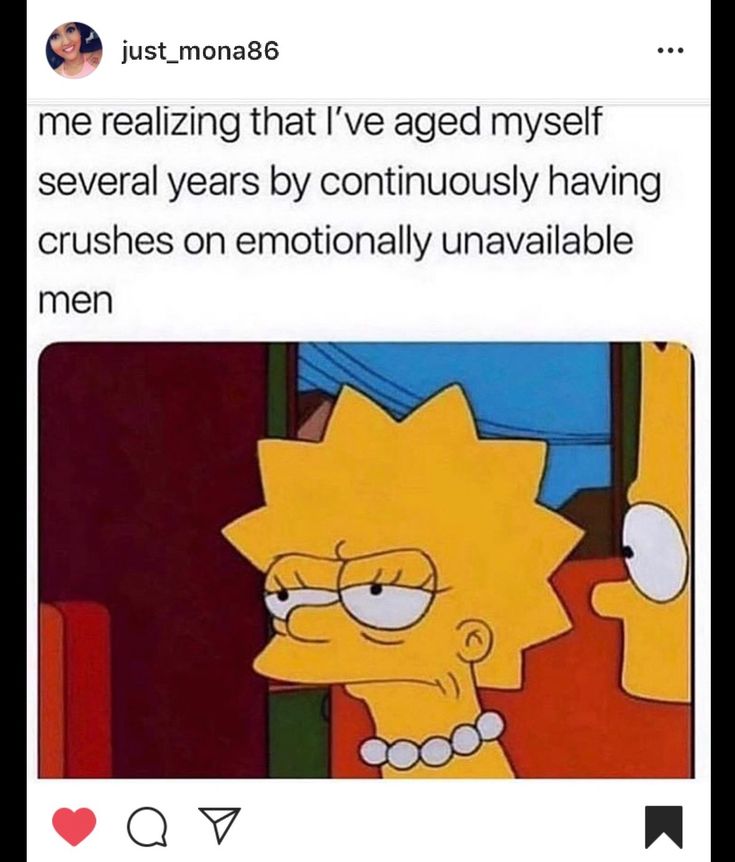 This is especially true if there is a fear that the other person may not be able to “handle” the trauma, or a fear of being judged for that trauma.
This is especially true if there is a fear that the other person may not be able to “handle” the trauma, or a fear of being judged for that trauma.
We all have our moments, but it’s important to decipher the cues of someone who is inherently preventing a connection. Robinson-Brown suggests looking at these red flags:
●︎ There’s no sharing of experiences, emotions, or thoughts from the other person.
●︎ It’s all about you! While this may feel great initially, if you find that the other person never wants to talk about themselves and would rather listen to you, then it’s possible they are not trying to really connect with you.
●︎ The person often makes excuses to avoid getting together, connecting, or catching up.
●︎ The person is dismissive, doesn't listen to what you have to say, or doesn’t express an interest in who you are or what you’re doing.
●︎ A long history of failed past relationships.
●︎ The person tells you outright that they struggle to connect with others or they are not ready for a serious relationship.
So, What Do You Do?
Taking a moment to acknowledge that their behavior has to do with something outside of your relationship is an important step. And, once you’ve recognized that this person is indeed emotionally unavailable, it’s up to you to decide how to move forward—if at all.
Not every situation is cut and dry, especially when it comes to friends and loved ones, but do keep in mind that you are allowed to protect your energy, so don’t feel obligated to just deal with it.
Robinson-Brown recommends these steps for addressing and coping with emotionally unavailable people:
1. Do a Self-Check First
Are you emotionally unavailable? Are you ready to be in a relationship with someone where you also show up authentically and with emotional vulnerability?
2. Start a Convo
If you can honestly say you are ready to be in emotionally intimate relationships with someone else, start with a conversation.
Does the other individual realize that they struggle to share emotions and hold emotional space for others, including you?
3.
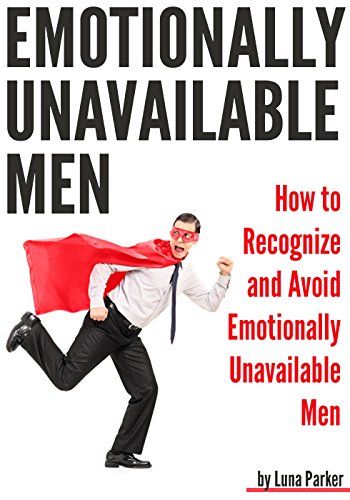 Create Space For Change
Create Space For ChangeGive the other person an opportunity to show up differently with you, but don’t expect perfection.
4. Re-evaluate
Decide whether or not this is the best relationship for you. If after the conversation, the other person is not willing to make changes or take steps to make themselves more available, then consider if it is worth you continuing to pour your energy into that person.
People can change, but not everyone is willing to do so. Nurture your inner peace and emotional wellbeing by being mindful of your needs before deciding how to move forward in this relationship—you’ll thank yourself in the long run.
Read next: How to Spot—and Deal With—a One-Sided Relationship
Why do we choose emotionally unavailable partners
246,443
Man and woman
Attachment is like a big panic button in the brain. When life runs its course, there is no need for it.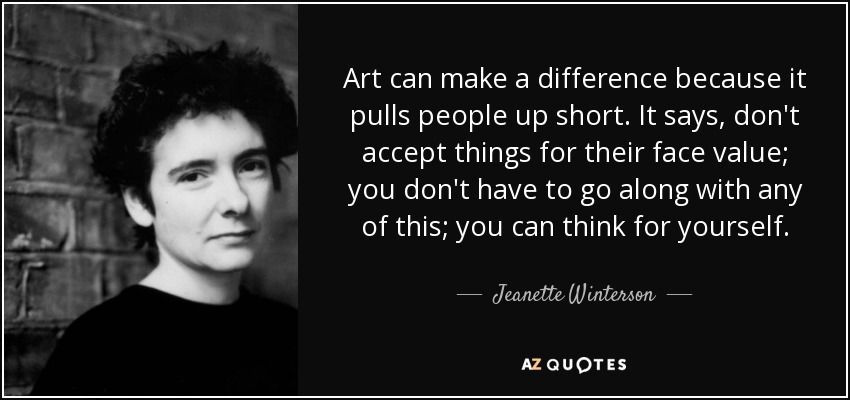 We make Easter cakes, collect bouquets of leaves, play catch-up. Or we meet with friends, make plans, go to work and enjoy every day.
We make Easter cakes, collect bouquets of leaves, play catch-up. Or we meet with friends, make plans, go to work and enjoy every day.
But then something bad happens: we fall and break our knee. The school bully pushes us and we drop our lunch on the floor. The boss is threatening to fire you. These negative experiences generate worry and anxiety, and anxiety in turn activates our emergency button.
And she sends out a signal to seek proximity. We find those relationships that support us - or rather, what we think of ourselves. And this is the paradox: attachment, without which we would hardly have survived in childhood, begins to play a cruel joke with us. If we evaluate ourselves negatively, then we find comfort in relationships with those who evaluate us in the same way.
Three Relationship Strategies
The affection we felt for our mother in childhood dictates one of three relationship strategies.
1.
Healthy strategy (secure attachment)
According to psychologists, no more than 50% use this strategy. Such people easily converge and communicate with others. They do not feel uncomfortable when someone depends on them, and they themselves are not afraid of losing their freedom. They perceive others and themselves positively. If something does not suit a partner in a relationship, they are always ready for a dialogue.
Such people easily converge and communicate with others. They do not feel uncomfortable when someone depends on them, and they themselves are not afraid of losing their freedom. They perceive others and themselves positively. If something does not suit a partner in a relationship, they are always ready for a dialogue.
2.
Manipulative strategy (anxious attachment)
These people are looking for maximum intimacy in a relationship. Their ideal is complete fusion. They often worry that their partner does not love them enough, they are afraid to be alone.
People of this type underestimate themselves and put others on a pedestal, do everything to justify the expectations of people significant to them. Unusually affectionate, constantly looking for external confirmation of their own value, because they themselves do not feel it.
3.
Leave me alone! (avoidant type)
They feel uncomfortable in close relationships, do not like to depend on others and prefer not to be dependent on them either.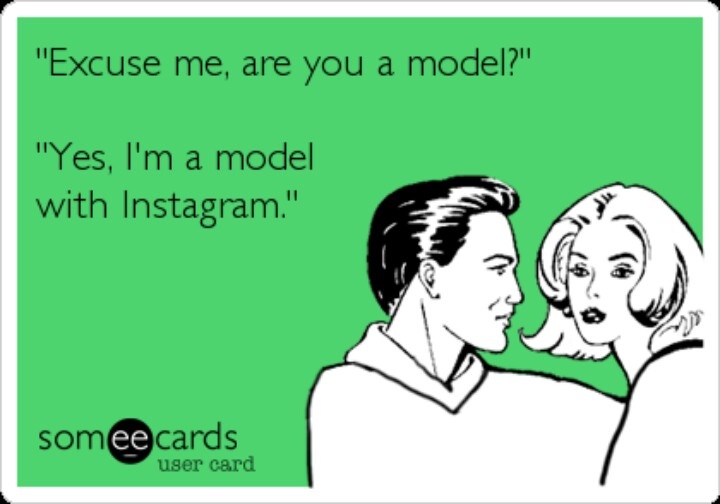 Having learned from their own experience that intimacy brings only suffering, they strive for independence and self-sufficiency.
Having learned from their own experience that intimacy brings only suffering, they strive for independence and self-sufficiency.
Such people perceive themselves super positively, and others negatively. They tend to use the insecurities of overly affectionate people to further strengthen their superiority.
Who chooses whom and why
If you carefully study these three strategies - as we once read the condition of the problem in school - it will become clear that all our further meetings and sufferings are already “set” in them.
People with the last two types of attachment are drawn to each other, although it is clear that their relationship is destined to be destructive. More importantly, they will reject a partner until he changes his positive attitude towards them to what they expect from him.
And what about people with the first type of attachment? They are looking for people with the same healthy, secure type of attachment.
It would seem, why can't the second or third type meet the first? Such meetings take place, but such people do not experience mutual attraction, interest that can keep them together.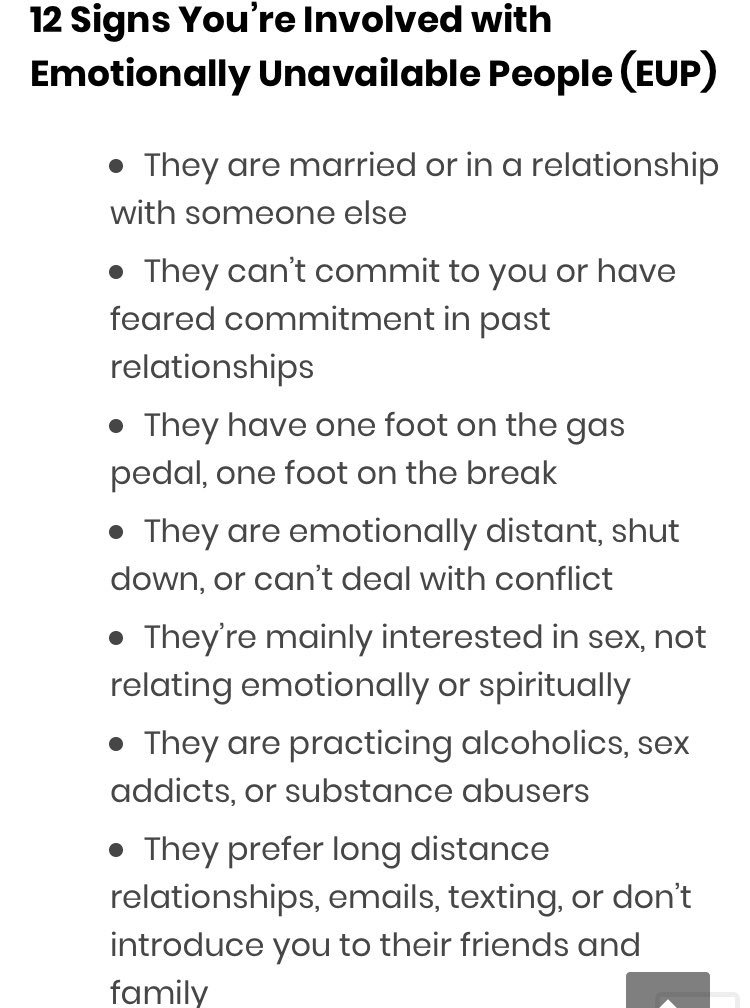
What to do? First of all, understand what type of attachment you have. This is the key to finding and keeping relationships if you haven't been able to in the past. If you continue to date “the wrong ones”, the main reason is still in you.
So why do we fall in love with emotionally unavailable partners?
1.
Emotionally unavailable people dominate the “dating market”
looking for his mate.
People with a secure type of attachment do not embark on a series of long meetings and searches. Feeling that very "chemistry", they decide that the partner suits them, and tune in to a long-term relationship. That's why they are the hardest to find - they rarely enter the dating market, and when they leave, they stay on it for a short time and immediately "settle" in a new relationship.
In addition, emotionally unavailable people almost never meet the same as themselves: none of them has a desire to emotionally invest in relationships.
If you put all the pieces of the puzzle together, it turns out that the probability of meeting an emotionally unavailable partner is very high.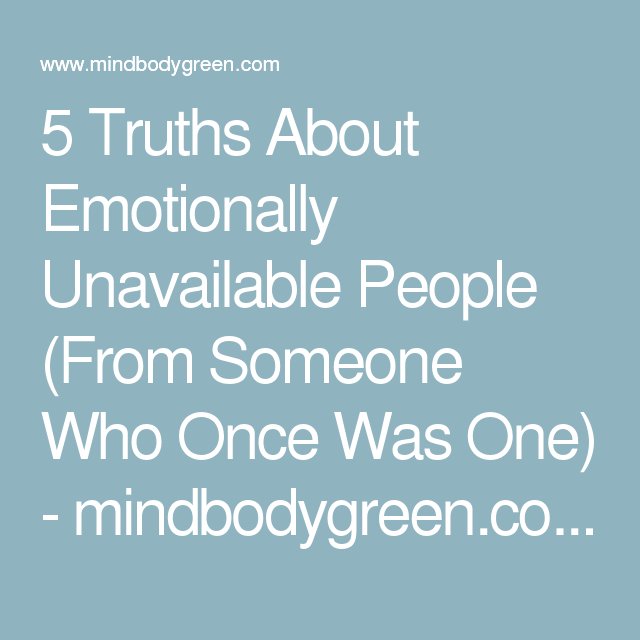 However, they do not form relationships with each other because they need space and independence, they do not meet people with a healthy secure attachment, because such people do not stay in the market for a long time - so who do they attract? Alas, partners with an anxious type of attachment who crave extreme intimacy.
However, they do not form relationships with each other because they need space and independence, they do not meet people with a healthy secure attachment, because such people do not stay in the market for a long time - so who do they attract? Alas, partners with an anxious type of attachment who crave extreme intimacy.
2.
We find them very attractive.
We often don't realize that the partners we're obsessed with are the ones who can only increase our deep self-doubt. It is our notions of love that attract special partners to us.
At the early stage of a relationship, an "independent", emotionally unavailable partner sends mixed signals: calls, but not always, does not hide his sympathy, but at the same time makes it clear that he is still in search.
Emotionally available partners don't play inaccessibility. In their world, there are simply no mysterious omissions
This tactic is quite advantageous: by receiving a vague conflicting message, the “needy” partner with an anxious type of attachment becomes obsessed with the relationship.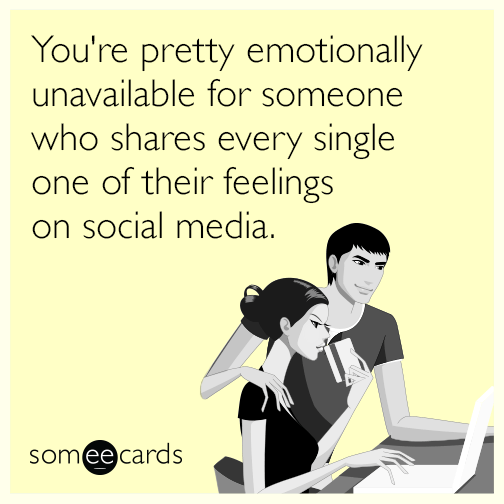 Friends, hobbies, interests and careers fade into the background.
Friends, hobbies, interests and careers fade into the background.
3.
We lack “fire” in emotionally accessible partners
Let's imagine that we are lucky and we met a person whose childhood was simple and calm, and whose view of the world is just as simple and open. Will we realize that we have won the lottery, or will we decide that something is missing in our relationship with such a person?
Emotionally accessible partners don't play impregnable or, on the contrary, don't throw everything at our feet in order to conquer us. In their world, there are simply no mysterious omissions and suspense, agonizing waiting.
We are calm next to such a person, and we do not believe that he is the only one, because “nothing is happening”, because our emotions are not inflated, which means that we are bored. And because of this, we pass by truly wonderful people.
Ups and downs, doubts and elations, and constant expectation in relationships with emotionally unavailable people should not be mistaken for passion or love.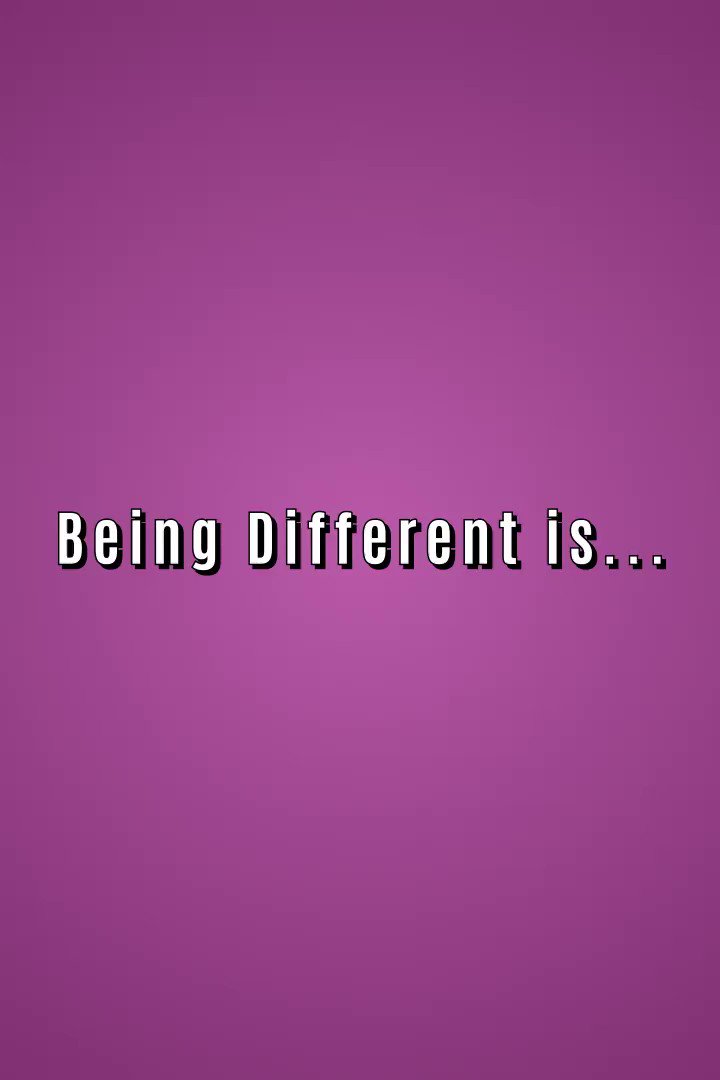 It looks very similar, but believe me, it's not her. Don't let them captivate you. And, no matter how difficult it is, work to understand the mechanisms of attraction that are laid in us by our childhood. Believe me, it's possible. And emotionally healthy relationships can bring much more happiness.
It looks very similar, but believe me, it's not her. Don't let them captivate you. And, no matter how difficult it is, work to understand the mechanisms of attraction that are laid in us by our childhood. Believe me, it's possible. And emotionally healthy relationships can bring much more happiness.
Kyle Benson is a family psychologist and counselor.
Text: Maria Malygina Photo Source: Getty Images
New on the site
“For my husband, I am a “rubber Zina”, a cleaning lady and a laundress”
“I am a “guru” for sluggish relationships. How to create a healthy union?
"Don't pick your nose": scientists have found another reason to stop bad habits
"Good enough marriage": how not to be disappointed in marriage
Personal experience: I live with bipolar II disorder
Prevention of cystitis: 10 basic rules
“I’m afraid that my mother will not survive the consequences of a stroke”
6 signs of a person who was not loved in childhood
7 signs of an emotionally unavailable partner feelings and really connect with other people.
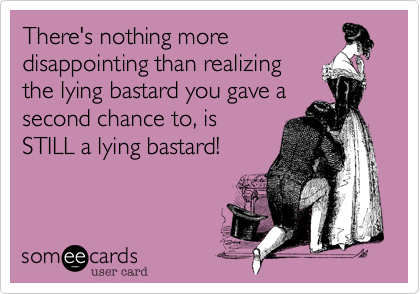 As a rule, there is a crisis of trust and a fear of intimacy behind this - this causes him to be fickle and avoid relationships.
As a rule, there is a crisis of trust and a fear of intimacy behind this - this causes him to be fickle and avoid relationships. Usually the reasons for this are a complex intricacies of personality traits and painful experiences (especially loss, rejection or abandonment). All this forms the style of behavior with others.
Such people are often called toxic or narcissistic traits are attributed to them. Sometimes this is true, but more often it is not. Early loss or the painful experience of rejection can indeed be difficult to bear. And the extreme degree of natural shyness makes a person close against his will.
It can be difficult for these people to give up their defenses because they are so frightened by the prospect of intimacy with others. What else makes them different?
1. They are afraid of deep conversations
It is not easy for them to plunge into the world of feelings and emotions - they are ready to listen to a partner, but only for the time being. At the moment when it becomes completely unbearable, they simply change the subject, and when they are required to make any commitments, they feel cornered.
At the moment when it becomes completely unbearable, they simply change the subject, and when they are required to make any commitments, they feel cornered.
2. Intimacy for them always coexists with fear
For them, love and close relationships always come with an "add-on" in the form of inevitable (as it seems to them) conflicts, life dramas or potential rejection - everything that happened to them before.
3. They have real trust problems
If a person has suffered a lot, it is difficult for him to enter into any relationship with an open heart - it is too scary to be vulnerable again and experience new pain.
4. They do not know how to express feelings
Often emotionally unavailable people simply do not have the skill of expressing everything that is on their souls. This does not mean that experiences are alien to them, they just do not know how to share them.
5. Often they easily and quickly cut off ties with people
Moreover, any ties, including family ones. Which, of course, brings a lot of suffering to others. But at the same time, the person himself is sure that it will be easier this way than painfully choosing words and explaining himself, risking offending another.
Which, of course, brings a lot of suffering to others. But at the same time, the person himself is sure that it will be easier this way than painfully choosing words and explaining himself, risking offending another.
6. They often choose a relationship at a distance
Or they enter into a relationship with a person who is not free - it's easier to keep the distance they need and not take the “next step”.
7. They are interested in others and are slow to open up in response.
Asking questions and listening to answers is easier for them than talking about themselves. And the interlocutor, as a rule, such attention and interest is extremely pleasant - until it becomes clear that he himself did not know anything about the partner.
What to do - run away?
First of all, you need to understand that not all emotionally unavailable people are toxic. Most are not to blame for the chosen style of behavior, moreover, they usually have good reasons.

